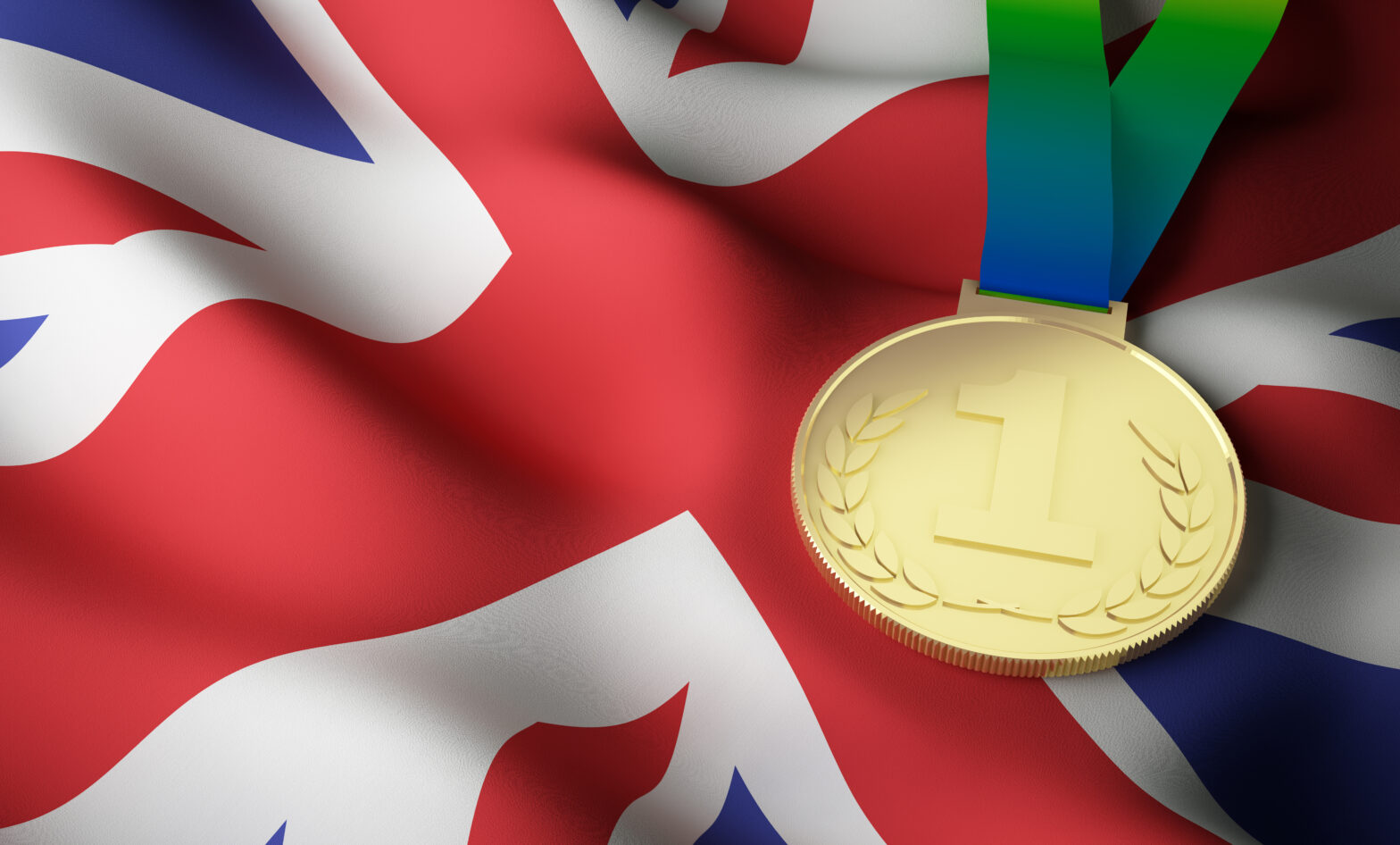When consumers in eight key export markets see the Union flag on a product, their inclination to buy increases, according to a study by Barclays Corporate Banking.
This is especially true in new and emerging markets where two thirds of consumers (64 per cent) would be more inclined to purchase a product carrying the Union flag.
The report’s findings seek to understand the value of ‘Brand Britain’ for export purposes in comparison to the brand values of Made in England/Wales/Scotland.
The research combines ONS export data with a survey of 7,610 individuals in eight key export markets (France, Ireland, Germany, the USA, Brazil, South Africa, China and Qatar) designed to examine the premium they are willing to pay for different goods labelled as from Britain.
Some 31 per cent of customers in new and emerging markets have knowingly paid a premium for products from Great Britain. The same figure for developed economies is just 14 per cent.
The label ‘Made in Britain’ triggers a willingness to pay up to 7 per cent more among customers in new and emerging markets than for products without a declared country of origin.
At least 50 per cent of respondents in all countries perceive the quality of British goods to be ‘good’ or ‘very good’. Scottish, English and Welsh products are also perceived positively, but often not to the same extent.
Rebecca McNeil, head of business lending at Barclays Corporate Banking says that while British businesses are currently reliant on the EU and the USA for the majority of their exports, they are well placed to expand into new and emerging markets.
She adds, ‘The report shows that the biggest premiums for British branded goods will be paid in these markets, not the developed markets. These new and emerging markets are also growing at a faster rate than the established trading partners, meaning growth opportunities and premium pricing are aligned.
‘We understand that these new markets can be more challenging to enter but for those that persevere, there are opportunities for a greater return. Rather than focusing on seemingly saturated developed markets, exporters should seriously consider looking further afield as there are bigger premiums to be had when products are marketed as Made in Britain.’
In terms of perception, goods from Scotland and Wales were most frequently perceived as ‘standing for tradition’ whereas English and British products were most frequently described as ‘internationally recognised’.
Scottish and Welsh goods exports are less dependent on EU countries than English exports. In Q2 2014 goods exports to the EU accounted for 50 per cent of English goods export but just 45 per cent of Scottish and Welsh exports.








